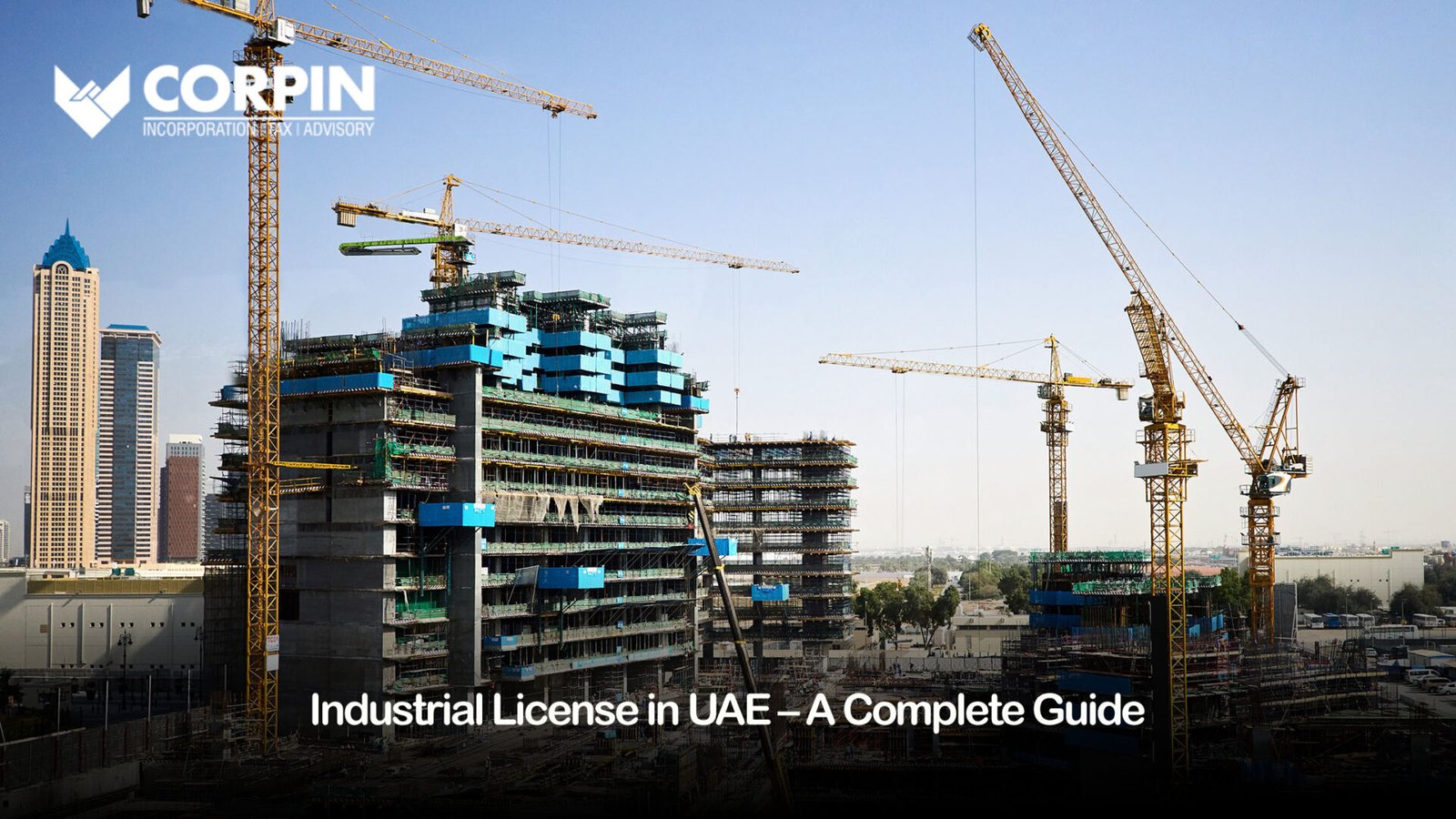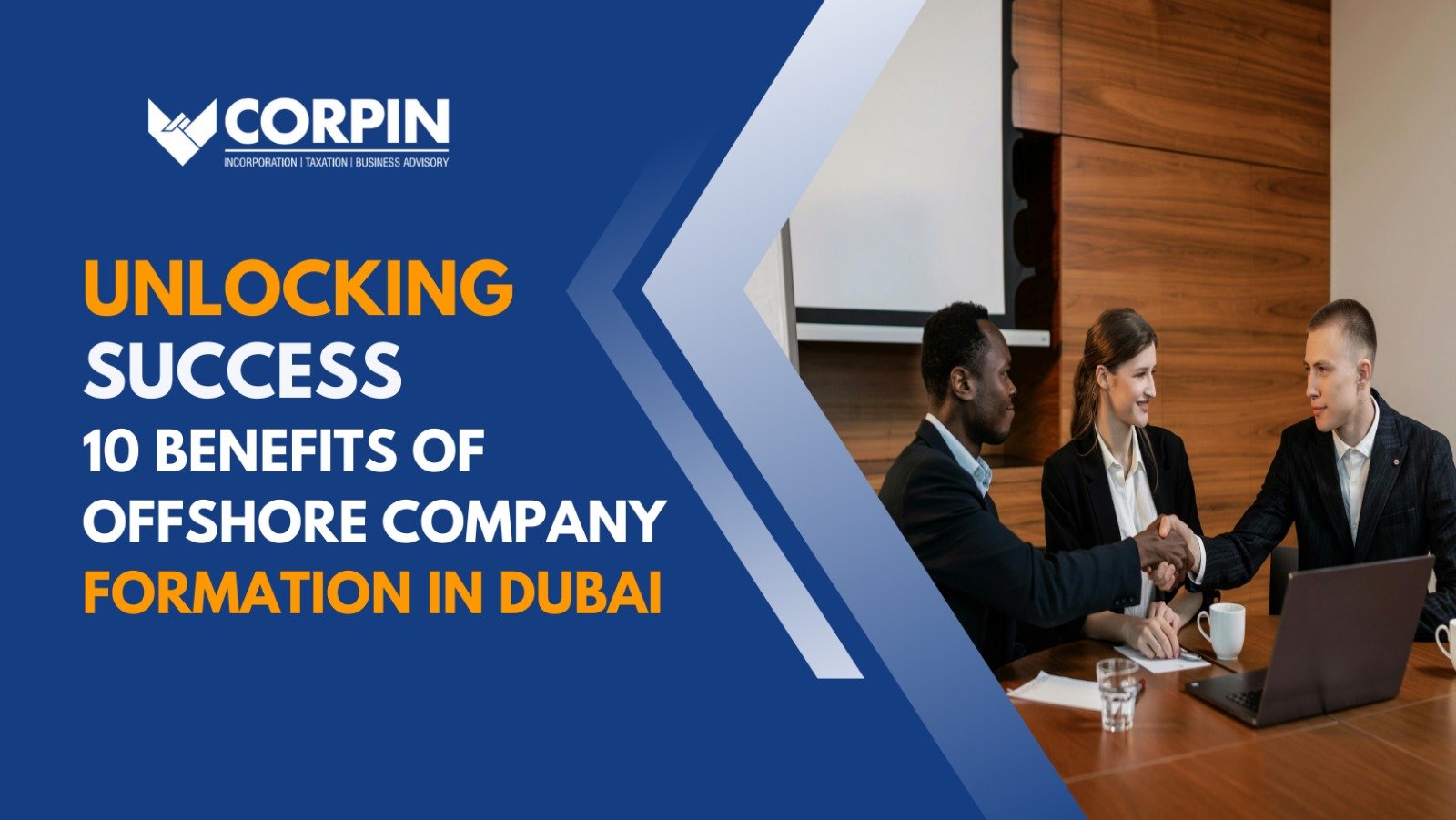The United Arab Emirates (UAE) has firmly established itself as a global nexus for trade, finance, andincreasingly industrial and manufacturing business.1 For any enterprise planning to engage in processing, production, or fabrication, securing an Industrial License in the UAE is not just a formality; it is the essential legal key that unlocks access to world-class infrastructure, significant tax advantages, and unparalleled global connectivity.
What Defines an Industrial License in the UAE?
An Industrial License is a mandatory business permit issued to companies whose primary activities involve the conversion of raw materials into finished or semi-finished products.3
It grants legal permission for activities such as:
- Importing raw materials.
- Manufacturing, assembling, or processing goods.
- Packaging and labeling.
- Exporting finished products globally.
Key Regulatory Bodies:
Industrial Licenses are primarily issued by the Department of Economic Development (DED) in the respective Emirates (like Dubai, Abu Dhabi, or Sharjah) for Mainland companies, or by the specific authorities within the country’s extensive network of Free Zones (like Jebel Ali Free Zone (JAFZA) or Ras Al Khaimah Economic Zone (RAKEZ)).
Common industrial activities covered include:
- Food and beverage production
- Textile and apparel manufacturing
- Machinery and heavy equipment fabrication
- Chemical, plastic, and petroleum industries
- Paper, printing, and packaging production1
The Strategic Advantage: Why Get an Industrial License in Dubai & UAE?
Establishing a manufacturing base in the UAE offers strategic, operational, and fiscal benefits few other global locations can match.
1. Global Trade Crossroads and Strategic Location
The UAE sits at the geopolitical and commercial intersection of Europe, Asia, and Africa. This strategic location drastically reduces lead times and logistics costs for businesses operating along the Asia-Europe trade corridor, positioning UAE-based manufacturers to serve rapidly growing markets in the Middle East and Africa (MENA region) efficiently.
2. Fiscal and Tax Optimisation Benefits
While the UAE has introduced corporate tax, the framework remains highly competitive globally:
- Zero Personal Income Tax: Maximises employee net income and attracts global talent.
- Competitive Corporate Tax: The standard rate is significantly lower than many industrialised nations.
- Free Zone Exemptions: Many Free Zones offer long-term corporate tax holidays (often 15 to 50 years) and 100% repatriation of capital and profits, creating a highly profitable environment for export-focused industries.
3. World-Class Infrastructure and Logistics
The UAE boasts some of the most advanced logistics ecosystems globally, which are essential for manufacturing success:
- Mega Ports and Airports: Direct access to major international shipping lines (Port of Jebel Ali, Port of Khalifa) and air cargo hubs (Dubai International Airport, Dubai World Central).
- Seamless Connectivity: Integrated road and rail networks (like the Etihad Rail project) ensure swift movement of raw materials and finished goods both within the country and regionally.
- Dedicated Industrial Parks: Zones like Dubai Industrial City and KIZAD in Abu Dhabi offer purpose-built warehouses, specialised utilities, and energy infrastructure tailored for large-scale production.
4. Investor-Friendly Policies and Ownership
The UAE government actively encourages foreign direct investment in the industrial sector:
- 100% Foreign Ownership (Free Zones): Investors can retain full control of their manufacturing operations without the mandatory requirement of a local sponsor, simplifying governance.
- Government Incentives: Manufacturers often benefit from support programs, subsidies, competitive utility pricing, and initiatives aimed at fostering R&D and advanced technology adoption.
5. Access to Talent and Resources
The country’s cosmopolitan environment provides a large and diverse pool of skilled labor, specialized engineers, and technical experts necessary for high-tech manufacturing and process management. Furthermore, the stable political environment and investor protection laws guarantee a secure platform for long-term industrial investment.
Mainland vs. Free Zone: Choosing Your Industrial Base in the UAE
The choice between setting up on the Mainland (DED) or within a Free Zone is the most critical decision for any industrial company.
| Feature | Mainland Industrial License (DED) | Free Zone Industrial License |
| Primary Regulator | Department of Economic Development (DED) | Respective Free Zone Authority (e.g., JAFZA, RAKEZ) |
| Foreign Ownership | Up to 100% ownership often permitted, especially for industrial sectors (subject to specific DED approvals). | 100% Foreign Ownership guaranteed. |
| Trade Scope | Can trade directly with the local UAE market without a local distributor. | Primarily focused on export; requires a local agent or payment of duty for direct Mainland trade. |
| Tax Benefits | Subject to standard UAE Corporate Tax. | Often offers long-term (e.g., 50-year) corporate tax and customs duty exemptions. |
| Physical Facility | Requires local municipality approval for factory space. | Dedicated industrial land, warehouses, and bespoke factory units provided by the Free Zone. |
Recommendation:
- Choose Mainland if your primary sales target is the local UAE market (e.g., supplying construction materials locally).
- Choose a Free Zone if your focus is export, international trade, and maximizing tax efficiency (e.g., manufacturing parts for global distribution).
Secure Your Industrial Future with Expert Guidance
The process of obtaining an Industrial License involves securing necessary approvals from various governmental and environmental authorities, verifying machinery specifications, and ensuring compliance with strict industrial standards.26 This can be complex, especially for foreign investors unfamiliar with local regulations.
How Corpin Consultants Can Streamline Your Setup
At Corpin Consultants, we specialize in simplifying industrial and manufacturing business setup across the UAE’s Mainland and Free Zones. We ensure your business achieves compliance and efficiency from day one.
Our industrial licensing services include:
- Jurisdiction Selection: Expert guidance on choosing the optimal location (Dubai Mainland, JAFZA, KIZAD, etc.) based on your production and market goals.
- Regulatory Approvals: Handling all necessary permissions from bodies like the Ministry of Industry and Advanced Technology (MoIAT) and civil defense.
- Documentation & Submission: Comprehensive preparation and submission of all legal and technical documents required for licensing.
- Facility Compliance: Guidance on industrial facility planning, utility connections, and environmental compliance standards.
- End-to-End Incorporation: Full support through company registration, visa processing, and securing required industrial land leases.
Final Thoughts
The UAE’s commitment to industrial growth, coupled with its strategic location and advanced infrastructure, makes obtaining an Industrial License in the UAE a powerful move for any manufacturing business aiming for global dominance.31 Whether you are setting up a specialized food processing plant or a heavy machinery fabrication unit, the ecosystem provides the stability, connectivity, and tax advantages needed to thrive.
Don’t let regulatory complexity slow your expansion. Partner with Corpin Consultants today to secure your Industrial License and start manufacturing in the UAE.





 Cost Calculator
Cost Calculator Book your Free Consultation
Book your Free Consultation